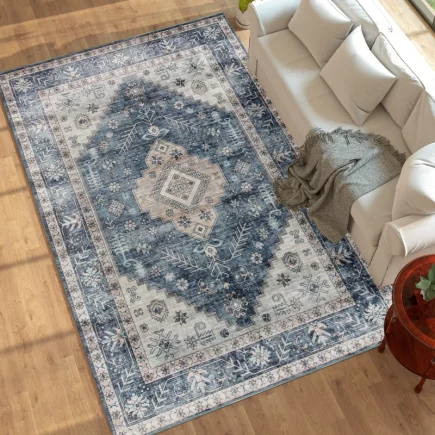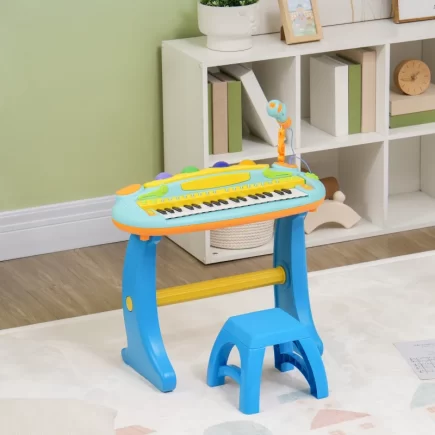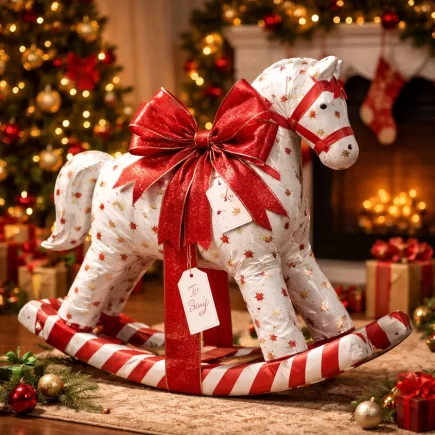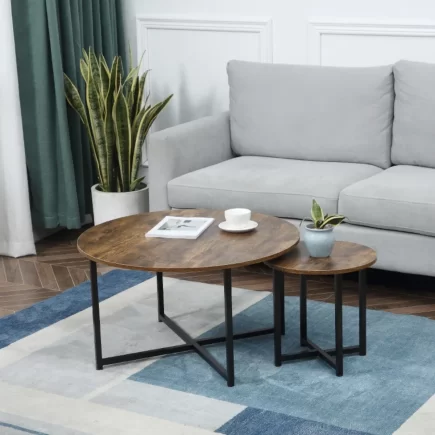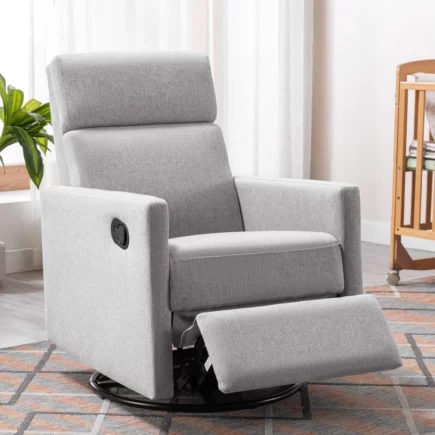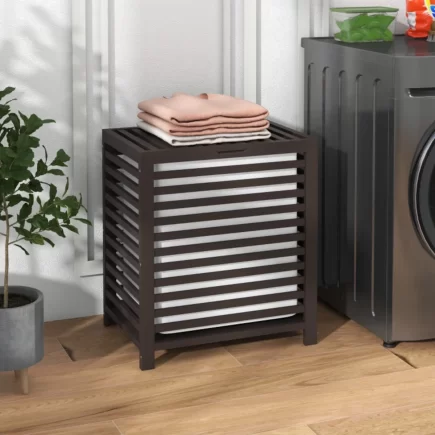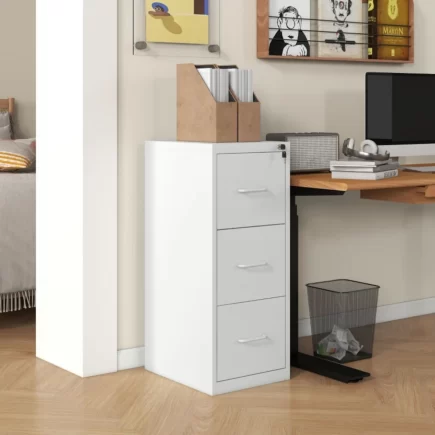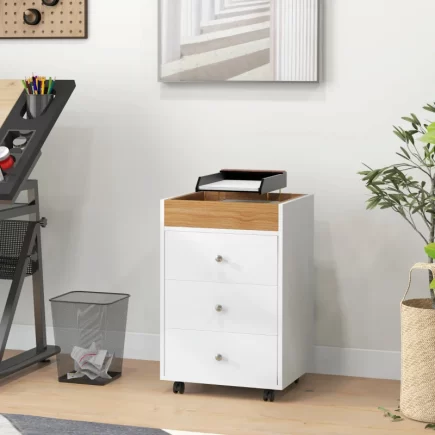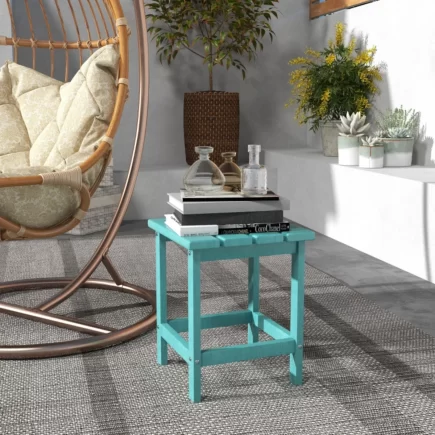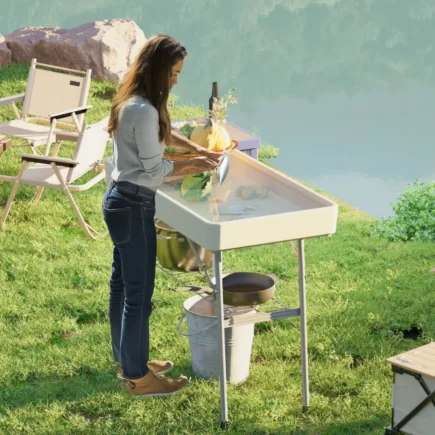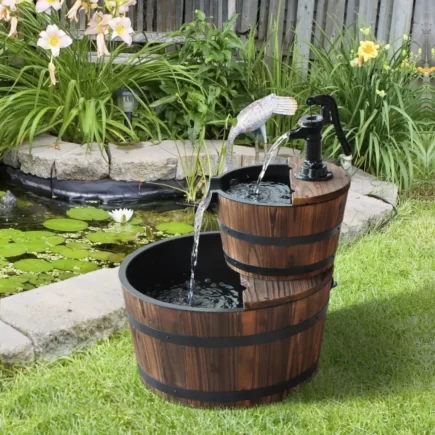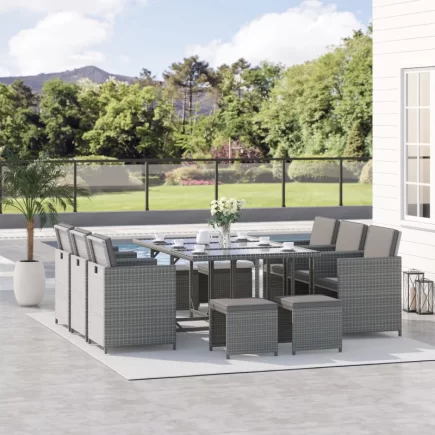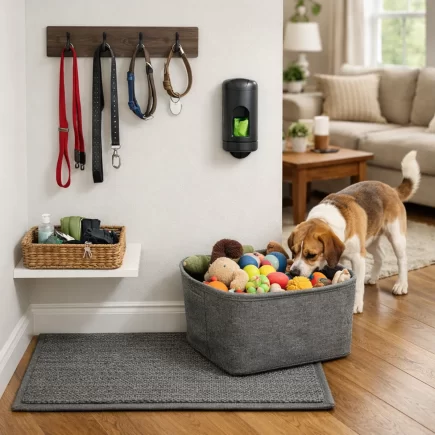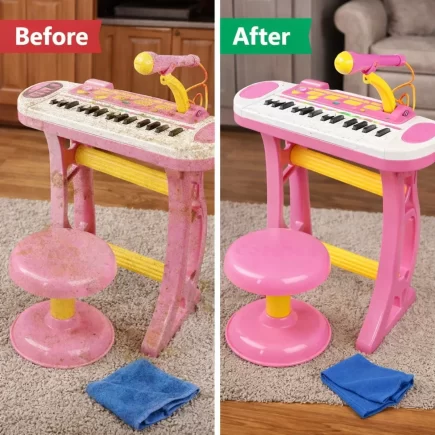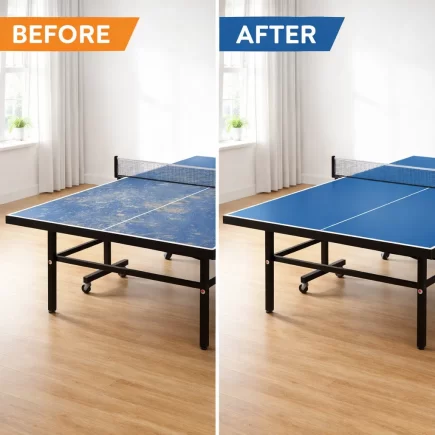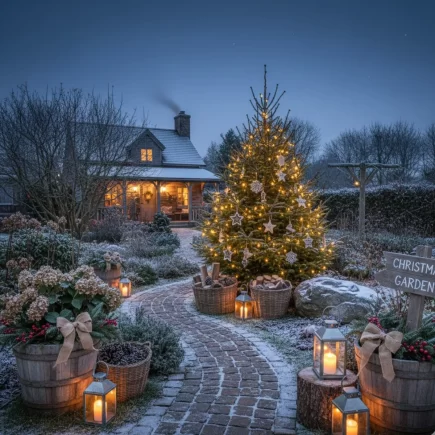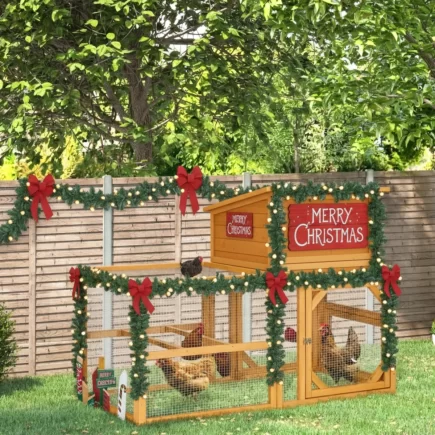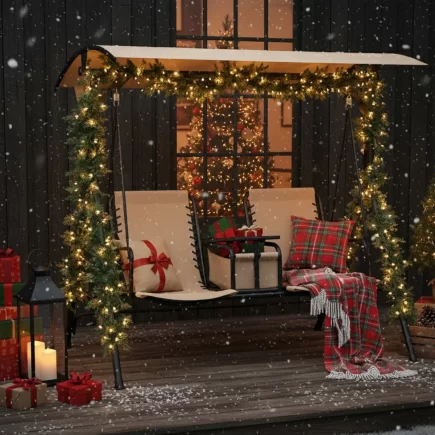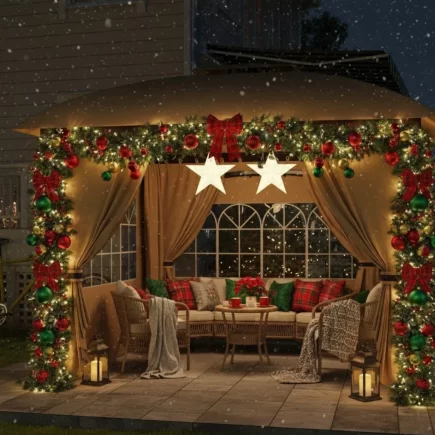A wood dining table isn’t just a piece of furniture, it’s where families gather, memories are shared, and meals are made special. But with daily use comes spills, scratches, and stains. That’s why knowing how to clean and maintain your wood dining table properly is essential.

In this guide, we’ll walk you through expert-approved cleaning steps, gentle DIY solutions, and restoration techniques that keep your table looking beautiful for years.
How to Deep Clean a Wood Dining Table Safely
Deep cleaning your table once every few months is important to remove buildup and protect the finish.
Materials Required for Deep Cleaning a Wood Dining Table
- Microfiber cloths (2–3 pieces): one for dusting, one for cleaning, one for drying
- Mild dish soap: gentle on wood, avoids stripping finish
- Warm water: to mix with dish soap
- Small bowl or bucket: for preparing the cleaning solution
Optional:
- Soft-bristle brush or toothbrush: for textured areas or grooves
- Dry towel: to ensure no moisture remains on the surface
Step 1: Clear and Dust
Remove all items from the table. Use a dry microfiber cloth to gently dust the surface, following the wood grain.

Step 2: Mix a Safe Cleaning Solution
In a bowl, combine a few drops of mild dish soap with warm water. Avoid soaking the cloth damp is all you need.

Step 3: Wipe Gently
Dampen a microfiber cloth with the soapy water. Wipe the table in the direction of the wood grain. Never scrub aggressively.

Step 4: Rinse and Dry
Rinse the cloth in clean water, wring it out well, and go over the table again to remove any soap residue. Finally, use a dry microfiber cloth to absorb any moisture.
Natural DIY Wood Cleaner Recipes
Prefer to skip the chemicals? These DIY solutions are gentle and effective.
1. Olive Oil and Lemon Juice
- Mix 1 part lemon juice with 2 parts olive oil.
- Apply a small amount to a soft cloth and rub gently along the grain.
- Buff dry with a clean cloth.
2. Castile Soap and Water
- Mix 1 tablespoon of castile soap into 1 cup of warm water.
- Use a damp cloth to clean, then dry thoroughly.
3. Baking Soda Paste (for sticky spots)
- Mix baking soda with a small amount of water to form a paste.
- Apply gently with a cloth or brush, then wipe clean.
Vinegar: When It’s Safe and When to Avoid It
White vinegar is a popular cleaning agent, but it must be used with caution on wood.
| Finish Type | Vinegar Safe? | Notes |
| Sealed (varnish) | Yes (diluted) | Mix 1 tbsp vinegar in 1 cup water |
| Oiled or Waxed | Not ideal | Vinegar can strip natural oils |
| Painted wood | Yes (test first) | May dull over time; always patch test |
How to Remove Water Stains and Rings from Dining Table
Water rings are usually caused by cups or hot dishes and can be tough to remove.
For White Rings (surface-level)
Hair Dryer Method
- Set a hair dryer to medium heat.
- Hold 6–8 inches away and move back and forth over the stain.
- The heat will draw out moisture from the wood finish.

Mayonnaise Trick
- Dab a small amount of mayo onto the mark.
- Cover with a paper towel overnight.
- Wipe clean the next morning and buff dry.

For Dark Water Stains (deeper damage)
- Sand the affected area lightly with fine-grit sandpaper.
- Reapply oil or wax finish to restore the appearance.
| Stain Type | Recommended Fix |
| White ring | Hair dryer or mayonnaise |
| Dark mark | Sanding + refinishing |
How to Clean Crevices and Textured Wood Surfaces
Textured tables and rustic wood finishes often collect dust and crumbs in their grooves. Here’s how to tackle those hard-to-reach places:
Step-by-Step Guide
- Use a dry toothbrush or small soft-bristle brush to dislodge dust from crevices.

- Follow up by vacuuming with a brush attachment to remove the loosened particles.
- Spray a small amount of your preferred cleaning solution (DIY or mild soap) on a cloth or cotton swab.
- Gently clean grooves and edges without oversaturating the wood.
- Dry with a clean, absorbent cloth immediately.
Cleaning your wood Dining Table isn’t just about making it look good today. It’s about preserving its beauty and strength for years to come. Whether you’re wiping down after dinner or restoring a piece that’s seen years of use, using the right tools and techniques makes all the difference. Choose gentle products, avoid excess moisture, and follow the grain of the wood to keep your table in excellent condition.
FAQs
1. Can I clean antique wood dining tables the same way as modern ones?
Antique tables often have more delicate finishes. Always use the gentlest methods, mild soap and water or oil-based polish and avoid vinegar, harsh chemicals, or scrubbing.
2. Should I clean the underside of my dining table too?
Yes. Dust and debris can build up underneath the table and legs. Cleaning all surfaces prevents deterioration and keeps pests away.
3. Can I use baby wipes for quick cleaning?
It depends. Some baby wipes contain alcohol or chemicals that may strip finishes. Always check the label or use a plain damp microfiber cloth instead.

